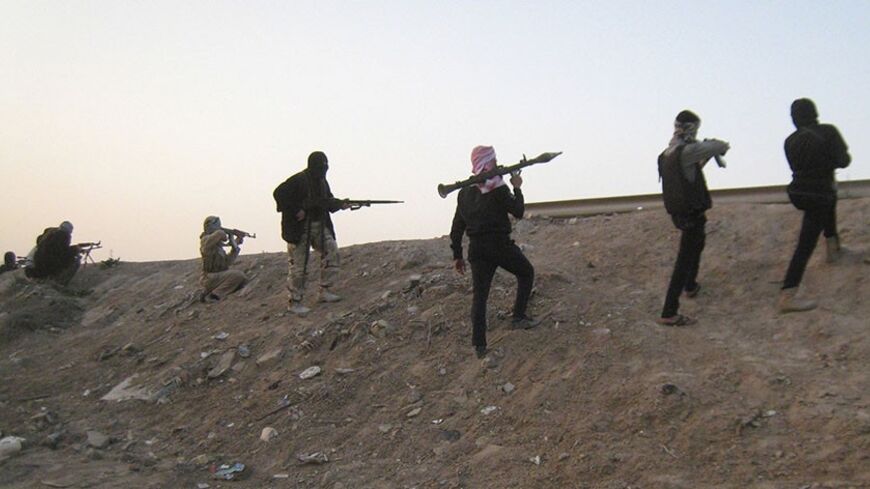The arbitrary and poorly studied decisions by the Iraqi government in recent years have shown that there is a deficiency in assessing the state's situation empirically as well as a weakness in strategic planning. Dozens of Iraqi government projects — in the various fields of security, politics and service — have failed.
Regarding the security aspect, Iraq still faces a major challenge. There have been continuous bombings in Iraq, with the situation not showing any noteworthy improvement. This is despite various plans regarding setting up checkpoints and blast walls, using sonar devices and last but not least the recent Anbar operations, which have not resulted in controlling the security situation thus far.



